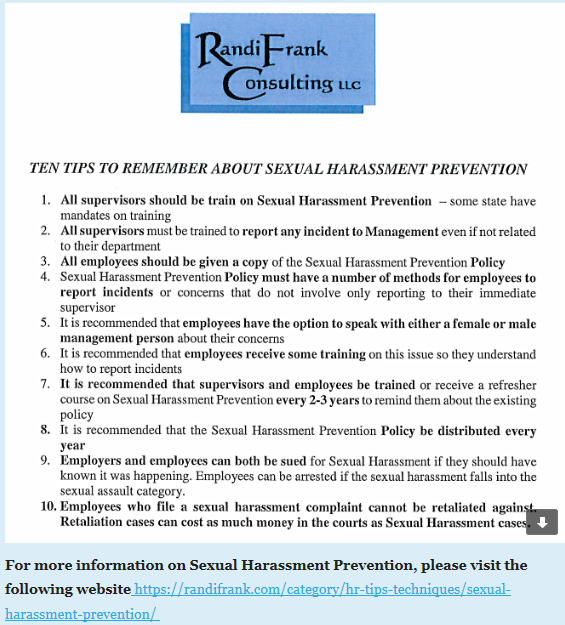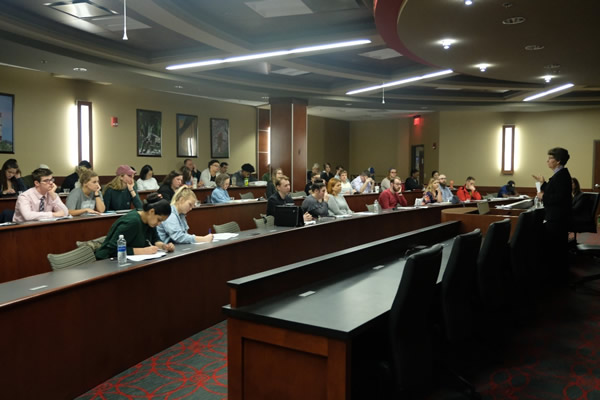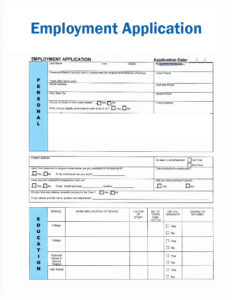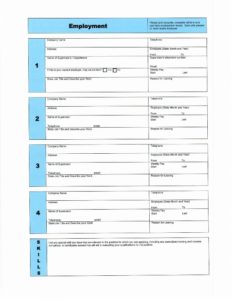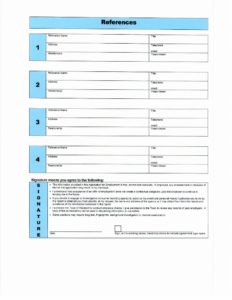Tip 3 – What are the benefits of Interns for you and them?
We touched on this in the first blog post in this series but I’d like to expand on this topic a little further. There are many benefits to using an intern for both the company and the student.
For the company the benefits include:
- Getting projects completed that would have stayed on the back burner by bringing in skills to your office that may not have been available
- Mentoring someone for a potential job in the future with you or others in the company
- Improving upon your training skills as you work with the intern
- Being re-energized by the intern who is enthusiastic to learn and share their ideas
- Increasing your productivity
- Feeling good about giving back and paying it forward to someone else
The Benefits for the Intern are numerous:
- Opportunity to learn if this type of work is really what they want to do
- Chance to see how things are really implemented rather than just reading about it
- Ability to get extra credit for the internship
- Learning from a professional – You!
- Possibility of leading to a full time position
- Learn about the responsibilities of a real job including business etiquette and practices
- Produce work they can be proud of and that they can use their new experience on their resume or for class projects
I had an internship that included assisting with preparation of a grant, which was also a final project requirement for my Bachelor’s. I worked with my supervisor to prepare and submit the grant which was awarded to the Town. Subsequently, I received an A since the grant process was successful.
Questions? Contact me today!

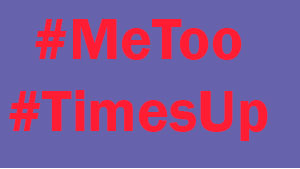 #ME TOO MOVEMENT
#ME TOO MOVEMENT